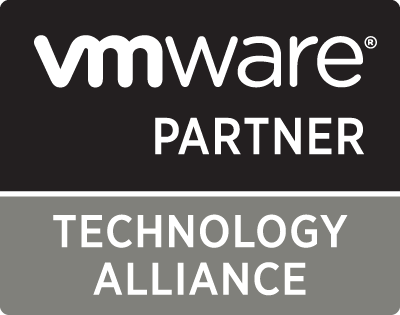 English
English






IT tech tips are important for keeping technology running smoothly. This page offers simple and practical advice to help IT workers manage systems better, protect against security threats, and stay up-to-date with the latest tech changes.













